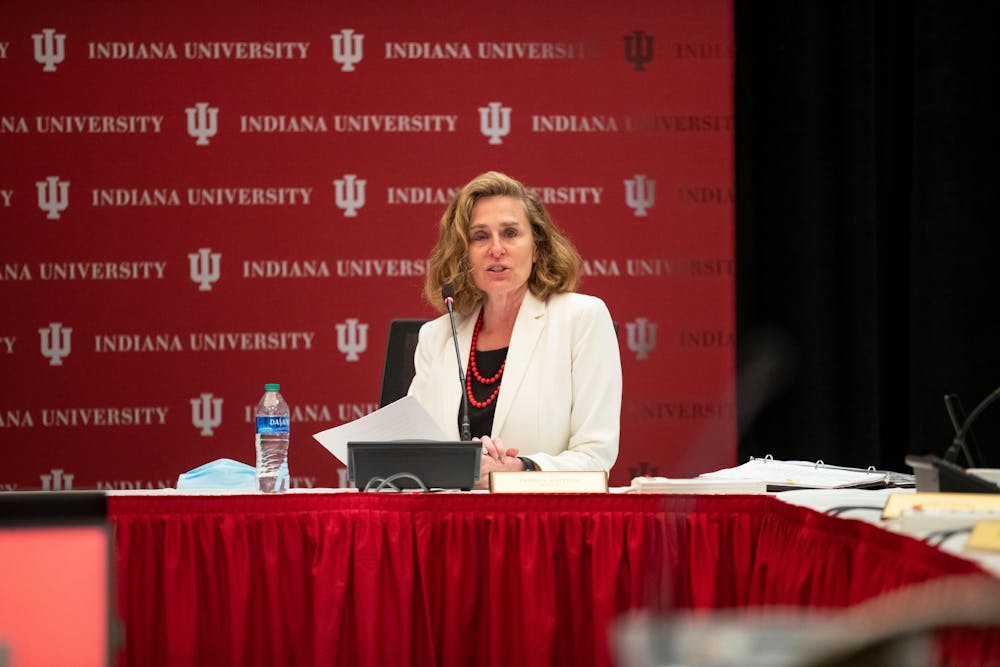IU President Pamela Whitten appointed a new task force responsible for developing recommendations to clarify and simplify the process of pricing undergraduate tuition and fees. Completed every two years, setting tuition rates is required by state law in Indiana.
However, parents and students have described the process as opaque, prompting Whitten to ask Dwayne Pinkney, IU executive vice president for finance and administration, to chair the task force.
“That feedback is consistent with President Whitten’s goal to address areas and to promote the best student experience possible,” Pinkney said. “And so, the establishment of this working group, this task force, is very consistent with the president’s stated goals for her leadership, presidency and leadership team.”
The task force is comprised of administrators and faculty members with the goal of developing a student-centric process to inform the Whitten and the Board of Trustees as they contemplate tuition and fee changes in June 2023.
“What we’re attempting to do is to develop a long-term strategy for determining tuition and fees, to minimize costs to students, but also to support, in a robust way, our academic programs,” Pinkney said.
Jack Wanninger, the director of government relations for IU Student Government, expressed different thoughts on the task force.
“I think that engaging on this issue of fees and extraneous costs is important, but I don’t really like the university creating its own task force when there’s already student organizations, collectives that are already trying to engage on this issue,” Wanninger said.
Additionally, Wanninger voiced concerns about how a task force composed of only administrators and faculty members could adequately perform a student-centric process and remain cognizant of how the committee’s decisions could affect students.
“Administrators and faculty aren’t paying tuition, and they aren’t paying fees,” Wanninger said.
Pinkney said the task force would ensure students are at the center of its process.
“I would certainly envision that the group, whether in its composition or in its process, would be consulting with student organizations and students to be informed, to get that student-centric perspective,” he said.




